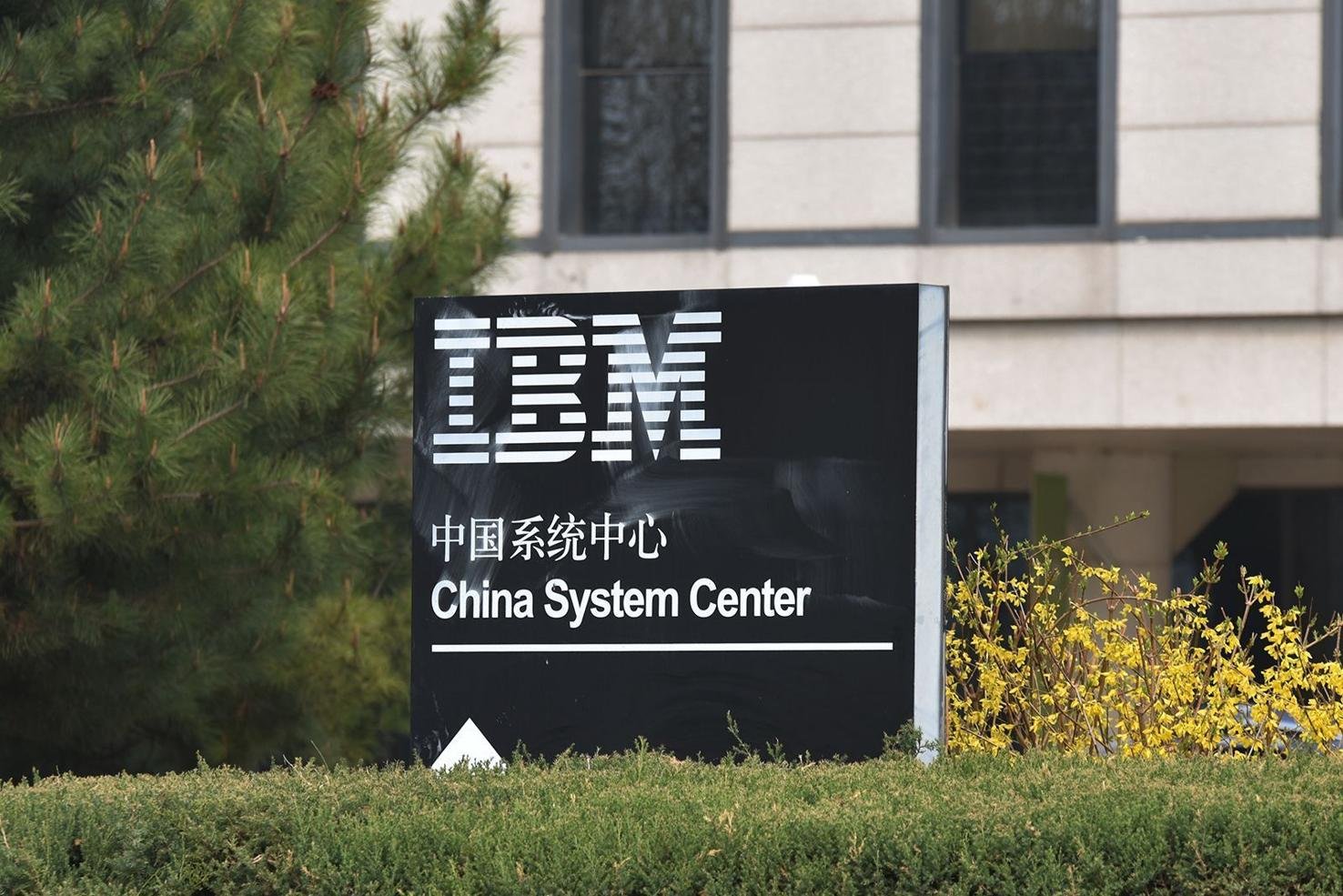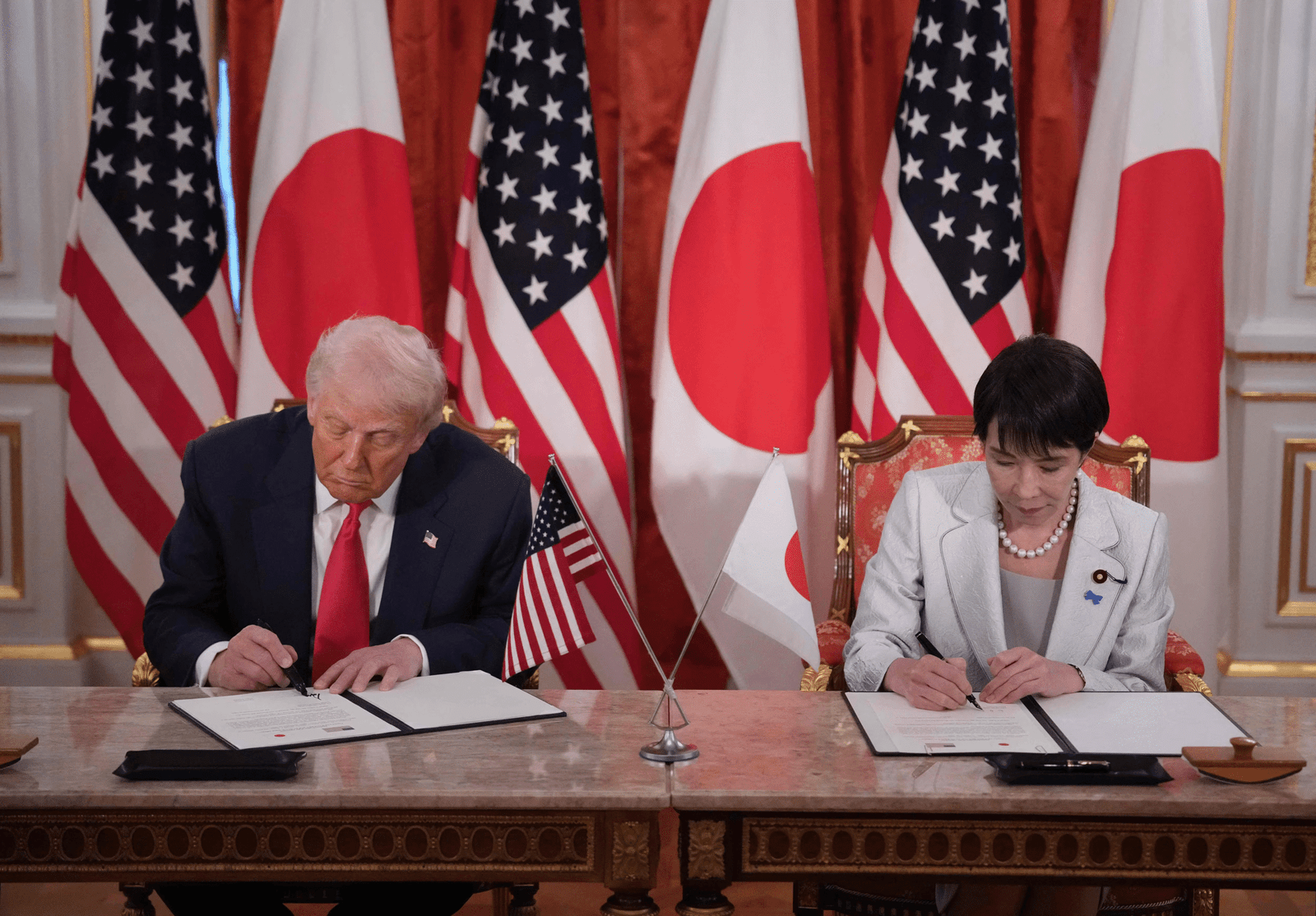IBM, one of the most prominent Western technology firms, has announced its decision to retreat from the Chinese market, marking a significant shift in the company’s global strategy. This move comes amid increasing tensions between the U.S. and China, particularly in the tech sector, where both nations have been engaged in a fierce competition for dominance.
IBM’s decision to scale back its operations in China is reflective of the broader trend among Western companies reassessing their presence in the country. Concerns over intellectual property theft, regulatory challenges, and the Chinese government’s push for self-reliance in technology have contributed to a more hostile business environment for foreign firms. IBM, which has been a major player in China for decades, now joins other companies in reconsidering their long-term strategy in the region.
The retreat also highlights the growing economic and geopolitical divide between the U.S. and China. As both nations continue to pursue divergent paths, the tech sector has become a key battleground. The U.S. has imposed restrictions on Chinese tech companies and has sought to limit China’s access to critical technologies. In response, China has accelerated its efforts to develop homegrown alternatives and reduce its reliance on foreign firms.
IBM’s exit from China is likely to have significant implications for the tech industry and U.S.-China relations. It underscores the challenges that Western companies face in navigating the increasingly complex and competitive Chinese market. At the same time, it signals a broader shift in the global tech landscape, as companies and governments alike grapple with the evolving dynamics of international trade and technology.











